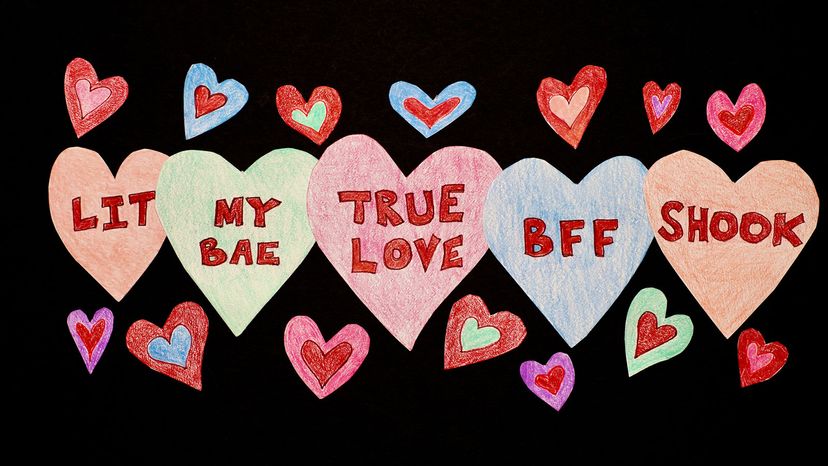Slang words are informal and often unconventional terms used within specific groups or communities to convey meaning in a playful, humorous or emphatic way. Slang adds emphasis and color to communication, making it more engaging and relatable.
These new words and phrases often emerge from real-life interactions and pop culture, with current trends frequently spreading through social media platforms like Twitter and TikTok. As a general rule, slang is not typically appropriate in a professional setting but thrives in casual conversations and online interactions.
Some older generations may view slang as too informal or disrespectful, but slang itself isn't inherently negative. It's all about context. The key is to avoid using slang that is rude or inappropriate.
Origins
The origins of slang are deeply rooted in the diverse and dynamic aspects of human culture and society. Youth culture has always been a significant driver of slang, as young people often seek to distinguish themselves from older generations through innovative and creative language.
Many slang terms originate from subcultures and marginalized communities, reflecting their unique experiences and perspectives. In fact, Black Americans have profoundly influenced the development of American slang, particularly in the realms of music, fashion and social movements. African American Vernacular English (AAVE) has introduced numerous slang terms into mainstream usage, influencing the way people speak globally.
LGBTQ culture has also contributed significantly to the slang lexicon. LGBTQ slang often reflects the community's unique experiences and has been popularized through media, drag culture and social activism.
Now that we've learned a bit about the origin of these unique words, let's dive into a century of the coolest and most iconic slang terms.



